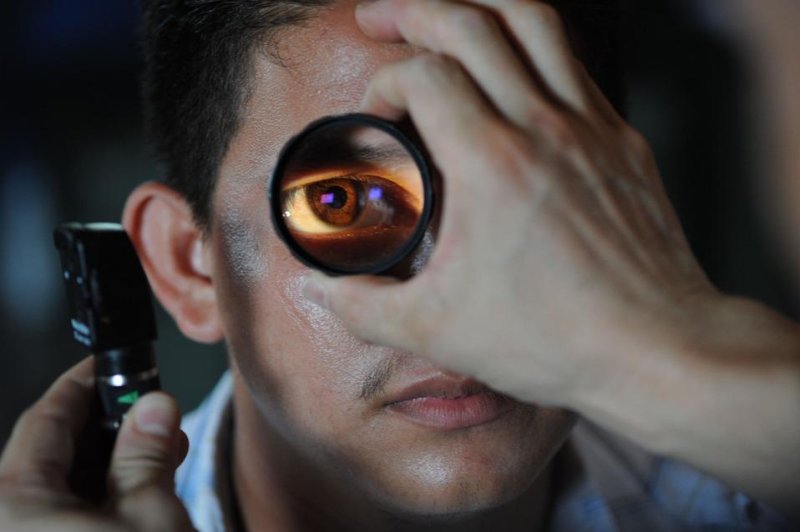Researchers have found that an increase in transforming growth factor may be linked to retinal protection in diabetic retinopathy.
Photo by tpsdave/PixaBay
Feb. 2 (UPI) -- Researchers from the Schepens Eye Research Institute of Massachusetts Eye and Ear have found that an increase in transforming growth factor beta, or TGF-β, may protect the retina against diabetic eye disease.
TGF-β is found in preclinical animal models with diabetic eye disease or diabetic retinopathy, damage to the retinal blood vessels usually found in early stages of the disease.
Diabetic retinopathy is the most common diabetic eye disease and the leading cause of blindness in adults.
"We found that increased TGF-β is really defending the vessels in the retina," Dr. Mara Lorenzi, recently retired senior scientists at Schepens Eye Research Institute, professor of ophthalmology at Harvard Medical School, said in a press release. "When we took away the small increase in TGF-β , we saw significant damage to the retinal vessels in animals with diabetes. Based on this finding, we'd now like to know if a little extra TGF-β will help protect the retinal vessels in patients with diabetes."
For the study, researchers used a medication in a rat model to block the increase of TGF-β and found that removing the small increase in TGF-β led to damage in the retinal vessels in the diabetic rat, therefore, TGF-β may protect retinal vessels from damage.
There are currently no treatments for diabetic retinopathy aside from controlling blood sugar levels.
"There is definitely room for intervening early to protect the retina from diabetes," Lorenzi said. "Our hope is that a good TGF-β response to diabetes may protect patients from developing diabetic retinopathy, and that our findings may inspire new approaches toward this objective."
The study was published in the American Journal of Pathology.















